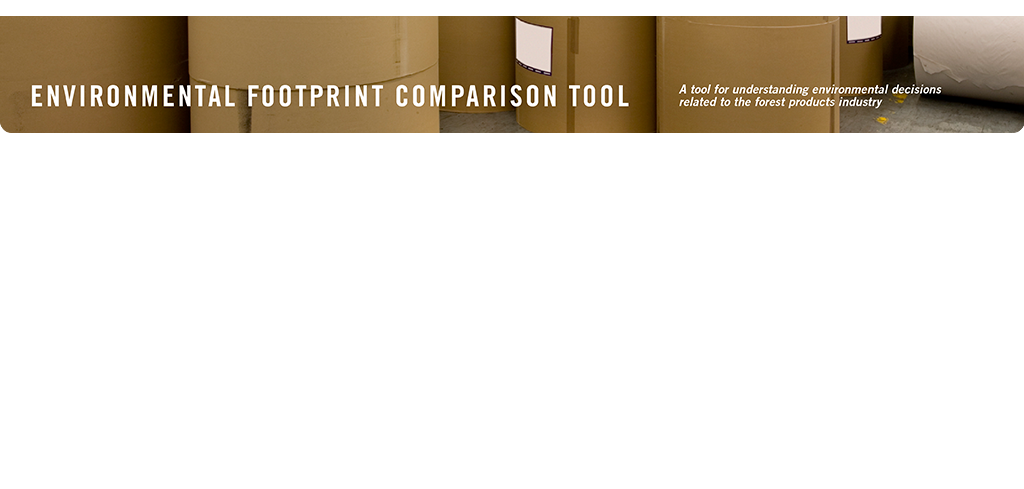
Increased recycling can affect combustion-related emissions and emissions associated with mill
processes, but the effects are very different and must be considered separately. Fuel combustion-related emissions of particulate matter, sulfur dioxide, nitrogen oxides, and volatile
organic compounds (VOCs) are not well correlated with whether the mill is a virgin mill or a recycling mill.
The amounts of combustion-related emissions are related primarily to the type of fuel, the amounts
burned, the type of combustion device, and the emission control devices being used. Because virgin mills
often burn more fuels on-site, fuel combustion-related emissions are often higher from virgin mills than
recycling mills making comparable grades. There are also fuel combustion-related emissions, however, from off-site suppliers of electricity. When the
emissions associated with purchased electricity are included, the differences between virgin and recycled
mills essentially disappear (except perhaps for newsprint). Other emissions, primarily from mill processes, can differ between virgin and recycled production.
However, because the different substances emitted are not of equal environmental or human health
significance, it is not possible to say whether there are overall benefits to air emissions associated with
increased recycling. The differences in the emissions of particular substances, however, are sometimes
significant.
When considering these aspects in the context of comparing recycled and virgin fiber, note that trade-offs
undertaken at an individual mill site ultimately have cascading effects through the overall industry�s fiber
cycle. Given that the recycled and virgin fiber cycles are inherently interrelated, shifts in
environmental aspects due to changes in the usage of one fiber type versus another result in shifts
elsewhere in the fiber cycle. Life cycle assessment (LCA) is a tool that can help examine these
interactions. LCA, particularly in the context of looking at the manufacturing of recycled versus virgin fiber
pulp, is discussed in NCASI Technical Bulletin No. 1003.
Follow the link to the right for more information.

More information:
Fuel combustion-related emissions
- WATER
- ENERGY
- GREENHOUSE GASES
- CHLORINATED COMPOUNDS
- WOOD USE
- ODOR
- EMISSIONS TO AIR
- DISCHARGE TO WATER
- SOLID WASTE
- Lowgrid10
- Lowgrid11
- Lowgrid12
- Lowgrid13
- Lowgrid15
- Lowgrid16
- Lowgrid17
- Lowgrid18
- Lowgrid19
- Lowgrid20
- Lowgrid21
- Lowgrid22
- Lowgrid24
- Lowgrid25
- Lowgrid26
- Lowgrid27
- Lowgrid28
- Lowgrid29
- Lowgrid30
- Lowgrid31
- Lowgrid32
- Lowgrid33
- Lowgrid34
- Lowgrid35
- Lowgrid36
- Lowgrid37
